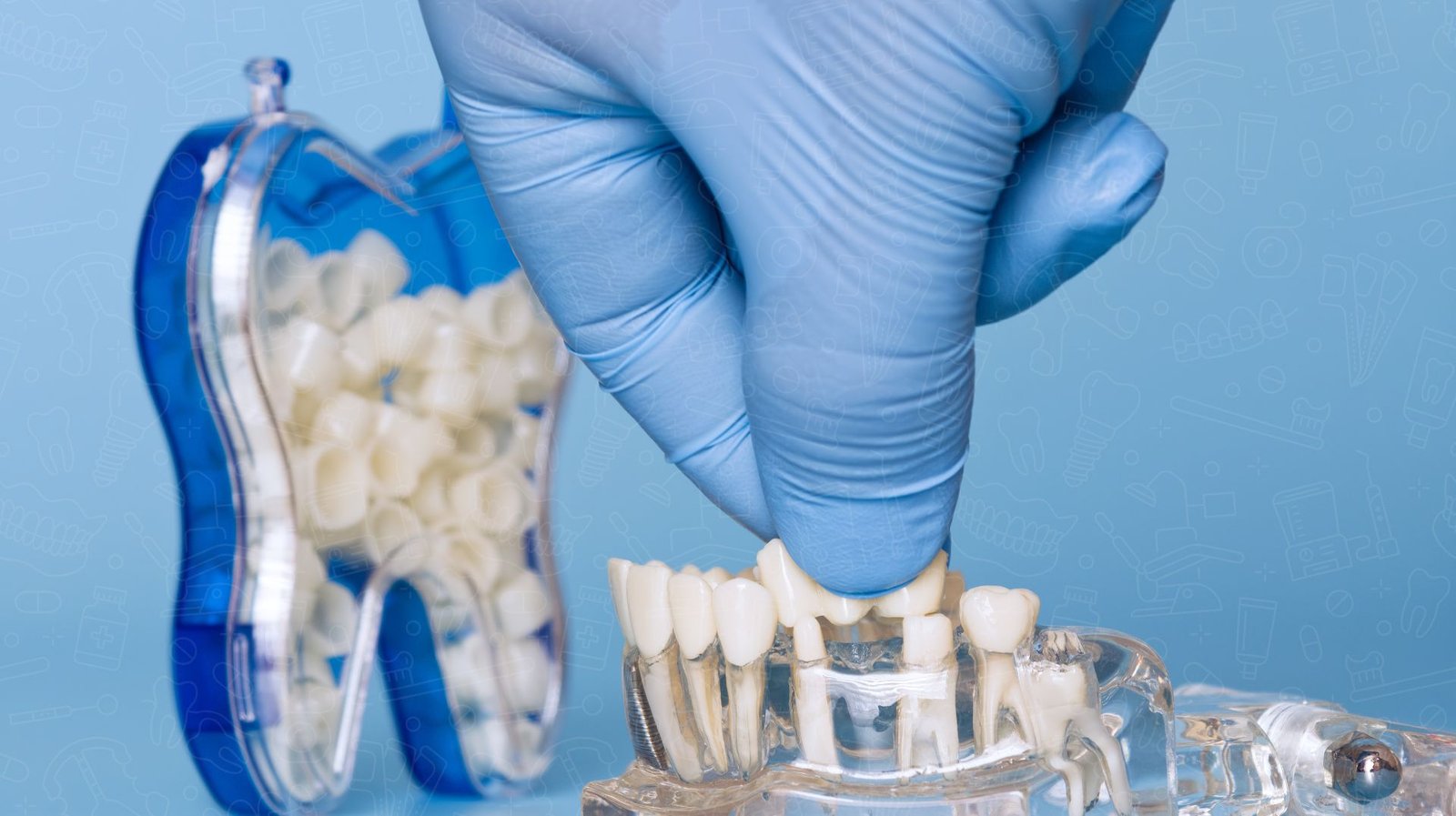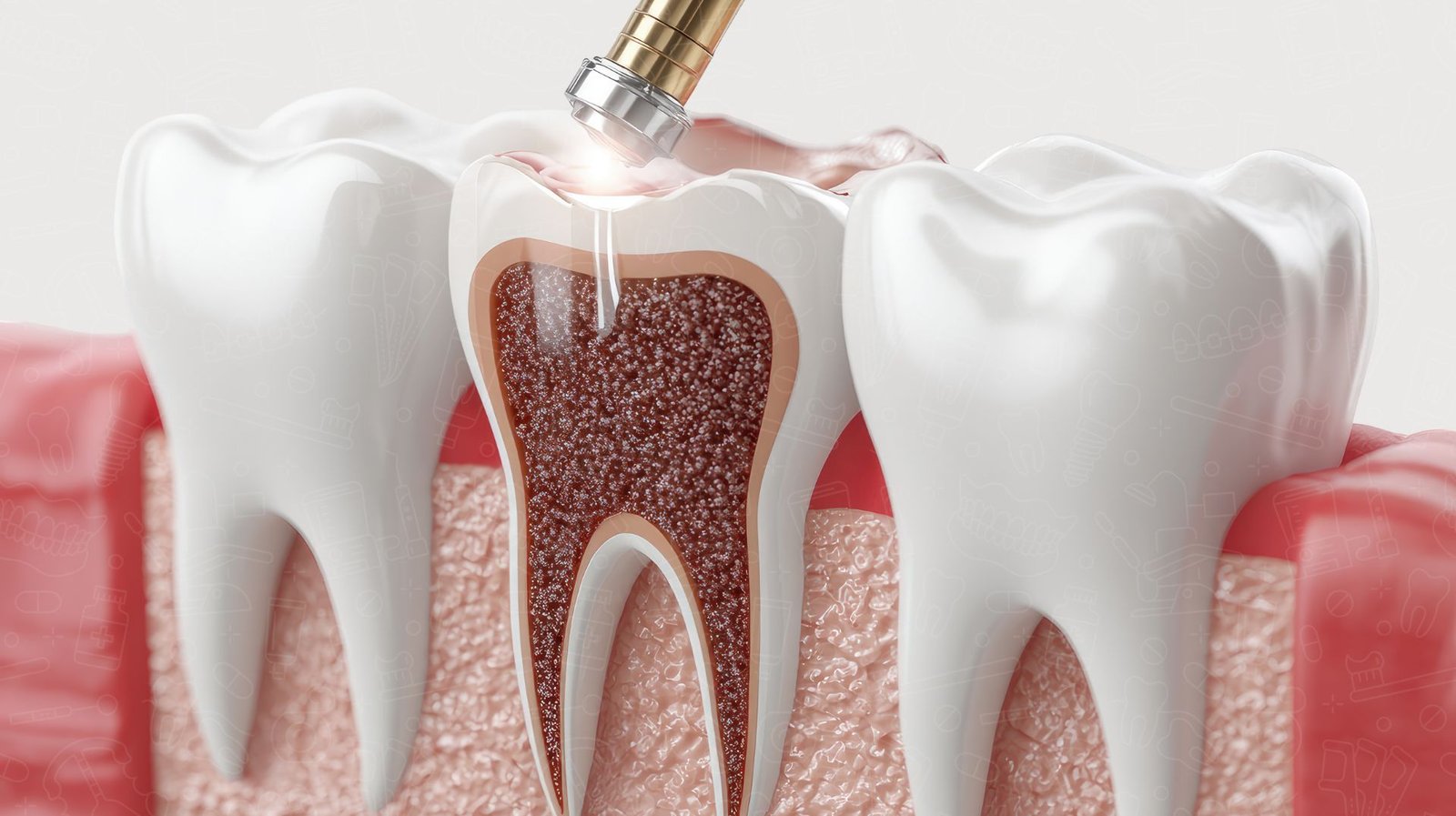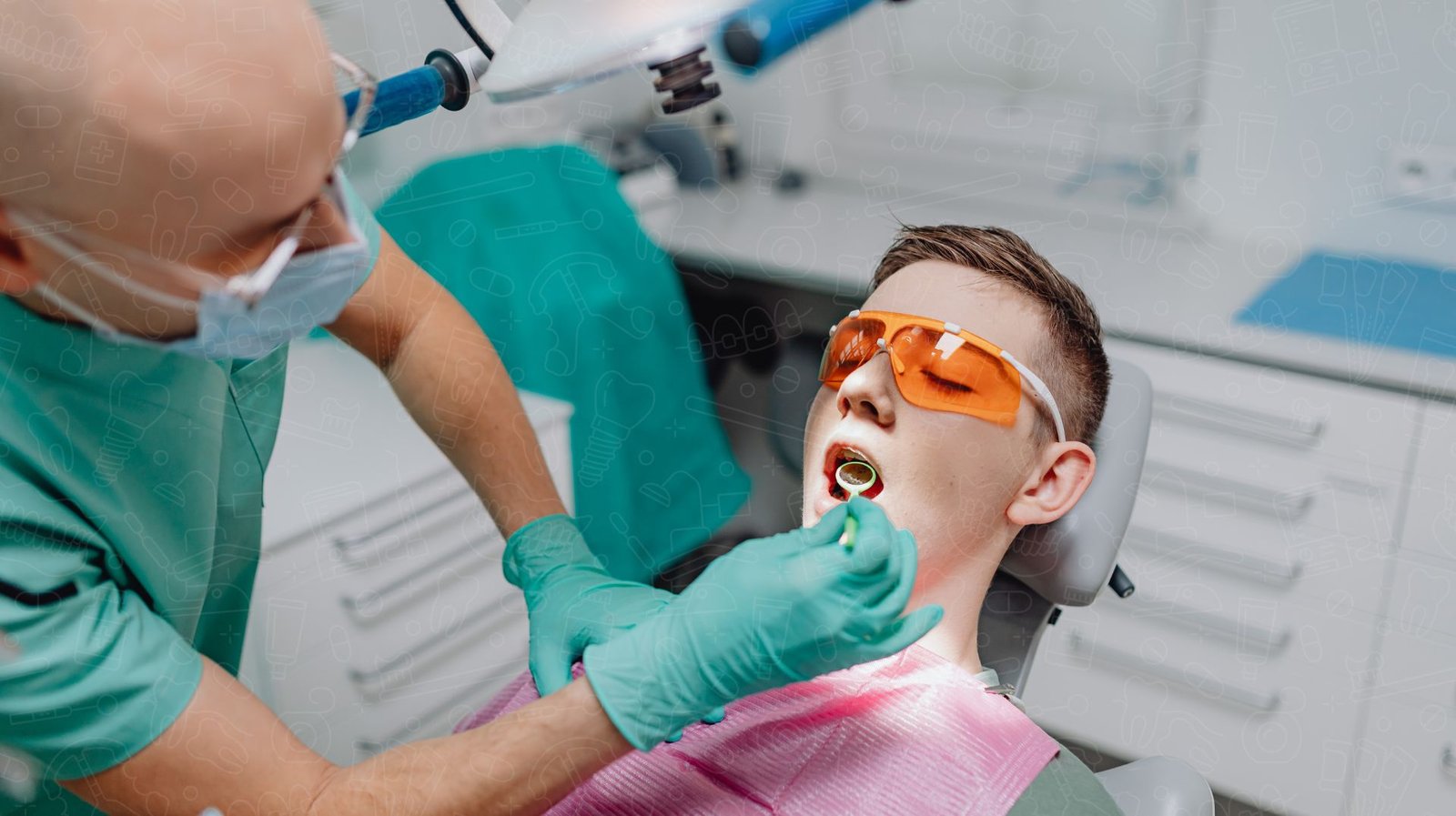Introduction
Dental care during pregnancy is more than a routine health practice; it is a critical component of maternal and fetal well-being. As the body undergoes significant hormonal shifts, these changes can profoundly affect oral health, leading to a higher susceptibility to conditions such as gingivitis and dental decay. Studies suggest that neglecting dental care during pregnancy may not only jeopardize the mother's health but also pose risks for the developing baby, including the potential for preterm birth and low birth weight.
By prioritizing oral health through diligent hygiene practices and regular dental visits, expectant mothers can mitigate these risks and promote healthier outcomes for themselves and their children. It's essential to understand the implications of fluctuating hormones on oral health, as conditions like pregnancy tumors may arise if oral hygiene is neglected. Moreover, a well-rounded approach to dental care allows mothers-to-be to navigate challenges like morning sickness and dietary cravings without compromising their oral health.
This article aims to provide a comprehensive examination of the importance of dental care during pregnancy, including common oral health issues, safe treatment options, effective hygiene tips, and indicators for when to seek professional dental advice. By emphasizing the interconnectedness of oral health and pregnancy, the information presented here serves as a guide for expectant mothers to make informed decisions that benefit both their health and that of their unborn child.
Importance of Dental Care During Pregnancy
Maintaining oral health during pregnancy is crucial for the well-being of both the mother and the developing fetus. Research has shown that poor dental hygiene can lead to various complications, including preterm birth and low birth weight. Hormonal changes during pregnancy can result in increased blood flow to the gums, making them more susceptible to gingivitis and other dental issues. Therefore, pregnant women must prioritize their dental care as part of their overall health regimen.
Moreover, good oral health practices contribute to the prevention of dental problems that may arise as pregnancy progresses. For instance, the risk of pregnancy tumors, benign growths that can occur on the gums, increases without proper dental hygiene. Additionally, dental problems left untreated can lead to infections that may affect both maternal and fetal health, underscoring the importance of regular dental check-ups.
Pregnant women are advised to communicate openly with their healthcare providers about their dental care. This ensures that they receive appropriate guidance and treatment tailored to their specific needs. By emphasizing the significance of oral health during pregnancy, expectant mothers can foster a healthier environment for their unborn child and maintain their well-being throughout this transformative period. Prioritizing dental care not only supports the mother’s health but also plays a vital role in the overall development of the baby.
Common Oral Health Issues in Pregnancy
During pregnancy, women experience various hormonal changes that can significantly affect their oral health. One of the most common issues is gingivitis, characterized by swollen, bleeding gums. This condition typically arises due to increased levels of progesterone, which can amplify the body's response to plaque accumulation.
Pregnancy tumors, also known as pyogenic granulomas, are another frequent concern. These non-cancerous growths often appear on the gums, especially in the second trimester, and can cause discomfort. Though they are usually harmless and may resolve after childbirth, they can be painful and require monitoring by dental professionals.
Enamel erosion is another oral health issue that expecting mothers may face. Morning sickness, which can include persistent vomiting, exposes teeth to stomach acids, potentially weakening enamel and increasing the risk of cavities. Additionally, dietary cravings may lead to increased consumption of sugary snacks, compounding this issue.
Maintaining awareness of these potential oral health challenges is crucial for pregnant women. Regular dental check-ups and proactive oral hygiene practices can help in managing these issues effectively, ensuring both maternal and fetal health remain a priority throughout pregnancy. Regular communication with a healthcare provider can further aid in addressing any concerns regarding oral health during this important time.
Safe Dental Treatments While Pregnant
During pregnancy, maintaining oral health is critical, and many expecting mothers may wonder about the safety of dental treatments. Fortunately, most dental care procedures are considered safe throughout the different trimesters. Routine check-ups and cleanings are essential and highly recommended to prevent dental issues from escalating.
In the first trimester, non-invasive treatments like cleanings and basic restorative procedures can be performed. However, it is advisable to postpone elective treatments until the second trimester when the risk of complications is lower. During the second trimester, dentists can safely administer anesthesia and perform crown placements, fillings, or extractions if necessary.
The third trimester is generally safe for most dental procedures, but it is important for dental professionals to tailor treatments to the comfort and safety of the pregnant patient. It's crucial to inform the dentist about the pregnancy, especially regarding any medications being taken or complications that may arise.
When considering treatment options, understanding the use of dental X-rays is also essential. Modern digital X-ray technology often minimizes radiation exposure and is considered safe with the appropriate protective measures in place. Overall, prioritizing dental health during pregnancy can help prevent complications for both mother and baby, making it vital to discuss any concerns with a healthcare provider.
Oral Hygiene Tips for Expecting Mothers
Expecting mothers face unique challenges when it comes to maintaining optimal oral health. To support dental care during pregnancy, it is vital to adopt effective oral hygiene practices. Firstly, brushing teeth at least twice a day with fluoride toothpaste helps to combat plaque buildup and reduces the risk of gingivitis, a common concern during pregnancy. It is also advisable to replace toothbrushes every three months to ensure proper cleaning.
Flossing daily is equally important, as it removes food particles and plaque from between teeth that a toothbrush may not reach. This practice can significantly decrease the risk of developing cavities and gum disease. Additionally, pregnant women should consider using an antimicrobial mouthwash to further enhance oral hygiene and manage any inflammation related to gum health.
Diet also plays a critical role in maintaining dental health. Expecting mothers should focus on a balanced diet rich in vitamins and minerals, particularly calcium and vitamin D, which support both fetal development and maternal tooth strength. Reducing sugary snacks and beverages can minimize the risk of tooth decay, as fluctuating hormones during pregnancy can heighten vulnerability to cavities.
By following these oral hygiene tips, expecting mothers can effectively maintain their dental health, contributing to their overall well-being and the healthy development of their baby. Adopting these practices can lead to a more comfortable pregnancy while ensuring a focus on preventing dental complications.
How Pregnancy Affects Your Gums and Teeth
Pregnancy induces significant hormonal changes that can profoundly influence oral health, particularly affecting the gums and teeth. Elevated levels of hormones such as progesterone can lead to increased blood flow to the gums, making them more susceptible to inflammation and disease. This condition, known as pregnancy gingivitis, can manifest as swollen, bleeding gums, requiring diligent oral hygiene practices to manage effectively.
Additionally, pregnant women may experience a higher risk of developing tooth decay due to changes in diet and cravings for sugary foods, which can contribute to enamel erosion. The body's altered immune response during pregnancy may also exacerbate existing dental issues, making routine oral care critical.
The hormonal fluctuations can lead to the formation of pregnancy tumors—non-cancerous growths on the gums—which, while generally harmless, can be uncomfortable and may require professional management.
Maintaining excellent oral hygiene is essential during this period. Regular brushing and flossing, combined with routine dental visits, can help mitigate these risks. Understanding the effects of pregnancy on gum health empowers expecting mothers to take proactive steps to safeguard their dental well-being. By prioritizing oral health, not only can they protect their own well-being but also contribute to better fetal development, underscoring the interconnectedness of maternal and dental health during this crucial time.
When to See a Dentist During Pregnancy
Expecting mothers should prioritize their dental health by scheduling regular dental visits throughout their pregnancy. Regular dental check-ups are vital for early detection and management of common oral health issues that may arise, such as gingivitis and enamel erosion. The American Dental Association recommends that pregnant women maintain their dental appointments, especially during the second trimester when the risk of dental problems may increase.
It is important for expecting mothers to seek dental care if they experience symptoms like swollen gums, persistent toothache, or any unusual oral discomfort. These signs could indicate underlying issues that require prompt attention. Additionally, routine cleanings can help manage plaque buildup and support overall gum health, which is crucial during this period of hormonal changes.
Dental visits during pregnancy also allow practitioners to discuss any concerns related to dental procedures and medication safety. Certain treatments may be delayed or modified to ensure the well-being of both mother and baby. Overall, maintaining open communication with a dental professional about one's pregnancy journey facilitates tailored care and further enhances the safety of any necessary dental work. Regular visits not only promote better maternal oral health but also contribute to healthier outcomes for the developing fetus, establishing a solid foundation for lifelong dental well-being.
Conclusion
In summary, the significance of dental care during pregnancy cannot be overstated, as oral health directly impacts both the mother and the developing fetus. Hormonal changes can lead to challenges such as gingivitis, enamel erosion, and the formation of pregnancy tumors, making it essential for expectant mothers to prioritize their oral hygiene practices. Regular dental check-ups not only facilitate early detection and management of potential dental issues but also provide an opportunity for open dialogue between patients and dental professionals regarding safe treatment options.
By adopting effective oral hygiene habits—such as brushing, flossing, and maintaining a balanced diet—pregnant women can mitigate the risks associated with poor dental health. This proactive approach paves the way for healthier outcomes and minimizes complications like low birth weight and preterm birth that can arise from untreated dental conditions.
Ultimately, dental care during pregnancy serves as a crucial component of maternal health. Expecting mothers who remain informed and engaged in their oral health will foster a more conducive environment for their unborn child’s development. The insights provided in this article equip mothers-to-be with the knowledge necessary for making informed choices, reinforcing the vital interplay between oral health and overall well-being throughout this transformative period. Therefore, prioritizing dental care is not only beneficial but essential for both mother and child.





